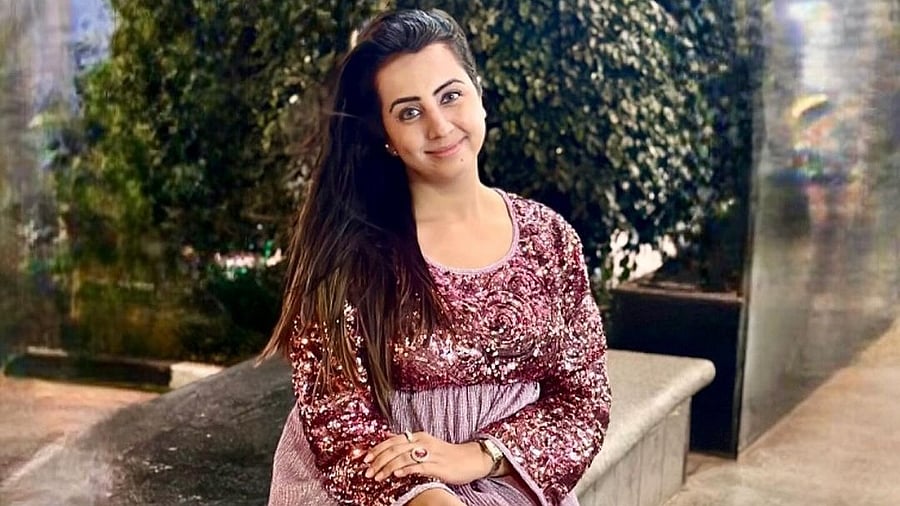
Sanjjanaa Galrani
Credit: Instagram/@sanjjanaagalrani
New Delhi: The Supreme Court on Friday issued notice to actor Archana Galrani alias Sanjjanaa Galrani on a plea by Karnataka government challenging quashing of the proceedings against her for allegedly procuring drugs from various places across the country for five-star parties.
A bench of Justices Surya Kant and Joymalya Bagchi sought a response from her on the special leave petition challenging validity of the judgment of March 25, 2024.
The High Court quashed the proceedings in 2020 case against Galrani and others registered for offences punishable under Narcotics and Psychotropic Substances Act, 1985, read with Section 120B of the Indian Penal Code, pending before Special Judge, NDPS, Bangalore City.
Karnataka's Additional Advocate General Aman Panwar contended the respondent procured drugs such as cocaine, ecstasy, marijuana from another accused, who is a Nigerian citizen and has illegally entered India. She later sold the same to various individuals during the parties for financial gains.
He submitted that there are various witnesses to testify that the actor indulged in illegal sale and purchase of drugs and distributed it among the youth in various parties, including those organized by her.
Her immediate neighbours also confirmed that she was supplying drugs at public places and creating nuisance in the neighbourhood, Panwar submitted.
The counsel contended the call records and forensic assessment of mobile phones revealed that accused persons were in touch with drug dealers, Nigerian citizens for procuring drugs such as ecstasy, cocaine, MDMA, LSD etc.
Senior advocate Siddharth Dave represented the actor.
The plea stated the High Court quashed the prosecution on a technical issue that Section 219 CrPC does not allow one trial for more than three offences in proceedings in period of 12 months.
The HC held that the registration of a separate FIR is mandatory for each act of offence committed by the accused or conspirators on different dates and times, even though the offences alleged were committed pursuant to a conspiracy under Section 120B of the IPC.
"Such finding of the High Court was completely erroneous on ground that Section 219 CrPC cannot be applied to a ‘continuing offence’. The offence by the accused persons was of continuing nature and allegations under the NDPS Act were serious in nature," it said.
It also contended the narcotics is a crime against the society at large and as held by the Supreme Court in a number of judgments, the same must be dealt with an iron hand, as such act is a direct assault on the youth of the society.
The plea said the High Court ought to have considered that the restrictions in Section 219 of the CrPC which allow for the charging and trial of three offences of the same kind within 12 months, do not apply to investigations conducted under Sections 154 to 173 of the CrPC.
"The High Court ought to have acknowledged that once a case is registered, the investigation can cover any number of acts and offences committed 'by the conspirators', and separate registration of a case for each act or offence is not necessary," the plea said.
